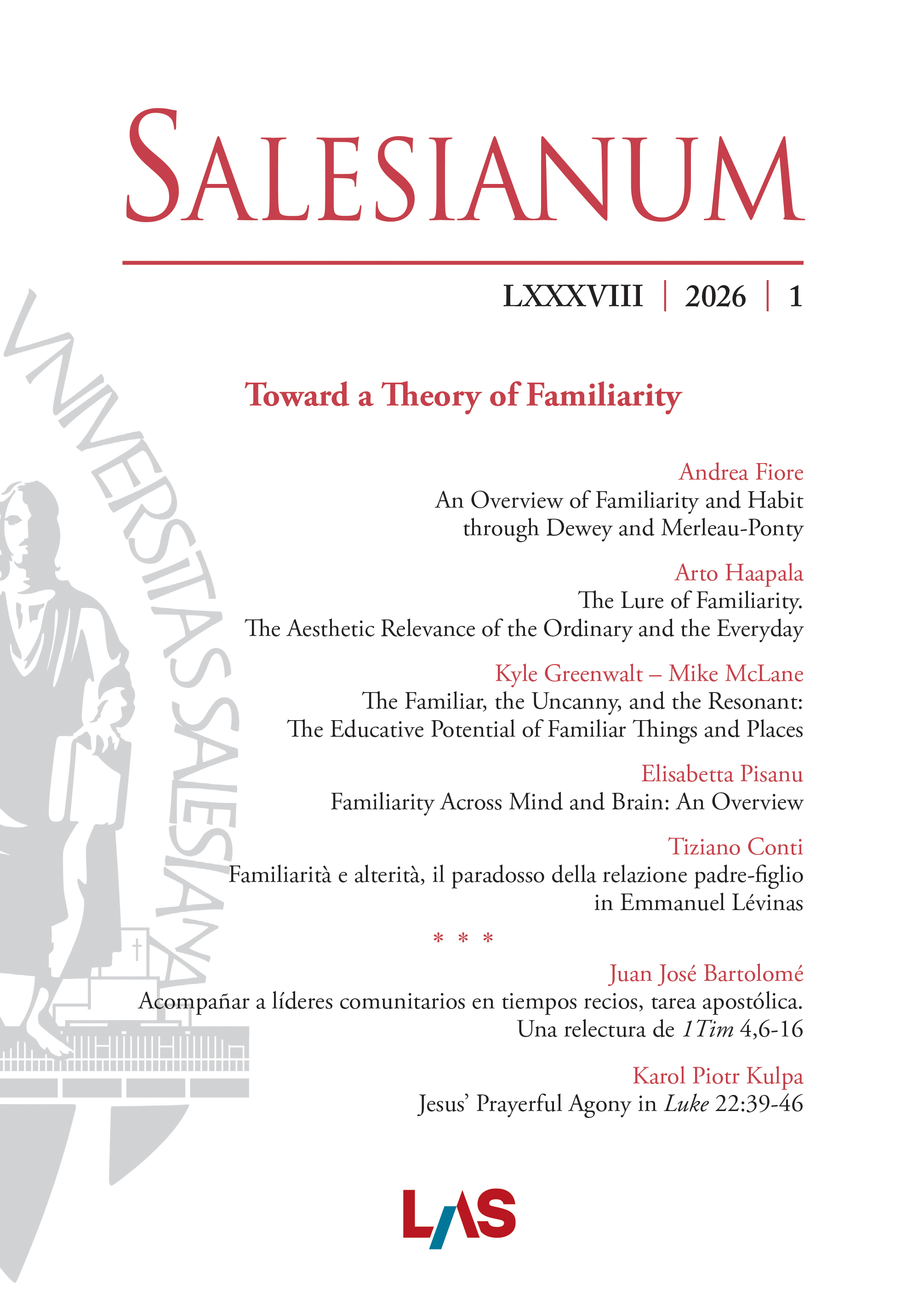Scienza e fede: a proposito di "Intelligent Design"
Salesianum vol. 69 (2007) n. 2, 239-253
Sezione: Studia
Sommario
L’articolo prende lo spunto dalla notorietà che sta acquisendo, anche in Italia quella teoria, chiamata Intelligent Design, attraverso cui il fondamentalismo protestante cerca di riportare, nella scuola pubblica USA (da cui la Costituzione esclude l’insegnamento religioso vero e proprio) l’idea della creazione, sotto la forma di una ipotesi scientifica alternativa rispetto all’interpretazione dominante dell’evoluzione, di natura esclusivamente materialistica. Il tentativo suscita forti ostilità negli ambienti scientifici e, naturalmente l’accusa di non scientificità. L’A. riconosce come effettivamente sia difficile riconoscere all’Intelligent Design il carattere di una vera e propria teoria scientifica. D’altra parte, anche un’interpretazione esclusivamente materialistica dell’evoluzione, affidata unicamente al gioco delle mutazioni spontanee e della lotta per la sopravvivenza va oltre i confini di una vera e propria spiegazione esclusivamente e pienamente scientifica dell’evoluzione, per coinvolgere posizioni che appartengono piuttosto al campo della metafisica e della fede, forme di sapere dotate di una specifica dignità e validità veritativa. Dal punto di vista della fede, l’idea di un Intelligent Design (anzi di un Loving Design!) è elemento fondante della fede cristiana, della cui verità non può essere giudice una qualche forma di sapere puramente scientifico. È a partire da queste posizioni che deve essere affrontato il controverso problema del rapporto tra fede e scienza.
Abstract
The starting point for this article is the present notoriety, in Italy as well, of the theory called “Intelligent Design,” which fundamental Protestants are using to bring back the concept of creation to public schools in the USA (the US constitution prohibits religious affiliations) under the form of an alternative scientific hypothesis comparing it with the evolutionary theory, of its nature entirely materialistic. The attempt gives rise to strong hostility in scientific circles and of course to accusations not being scientific. The author admits the difficulty in calling “Intelligent Design” a scientific theory. On the other hand, a totally materialistic interpretation, relying exclusively on spontaneous mutations and the survival of the fittest reaches beyond the bounds of a fully scientific explanation of evolution, bringing into play positions that belong more to the field of metaphysics and religion, forms of knowledge endorsed with a certain amount of dignity and validity. From a religious point of view, the idea of “Intelligent Design” (rather a “Loving Design”!) is a fundamental element of the Christian Faith, of whose truth no purely scientific form of knowledge can be the judge. It is using these positions as a starting point that the controversial problem of the relationship between Faith and Science must be explored.
